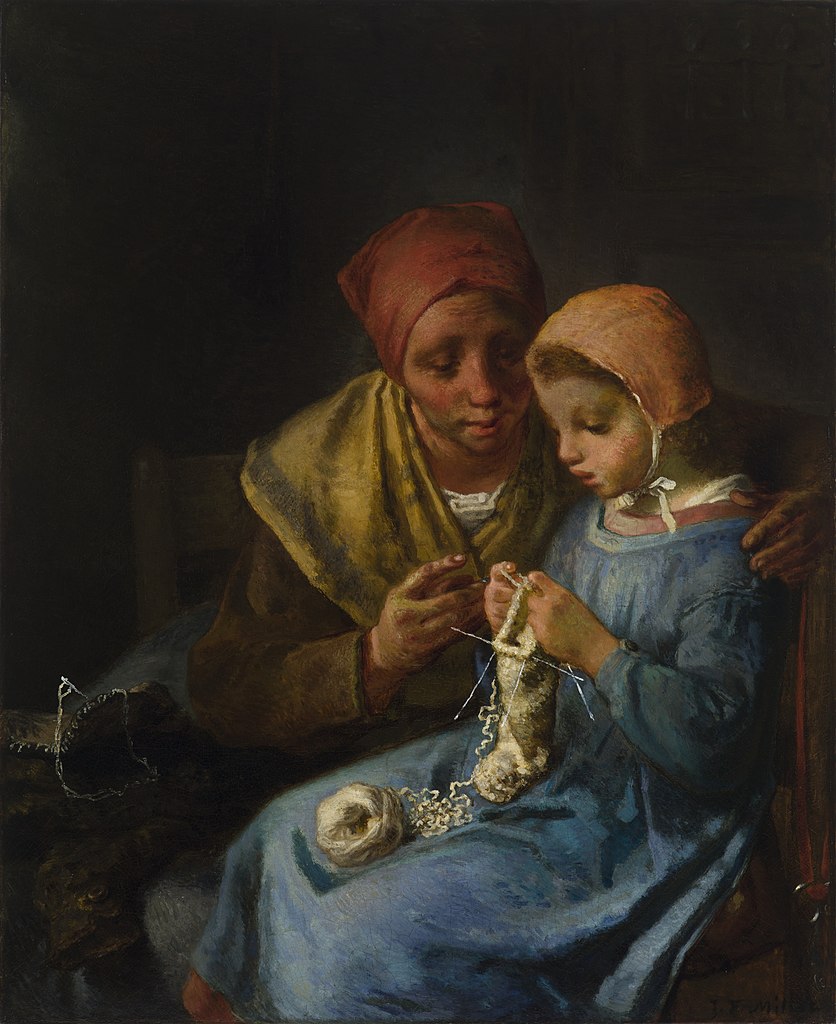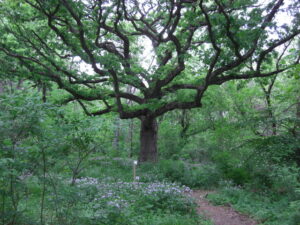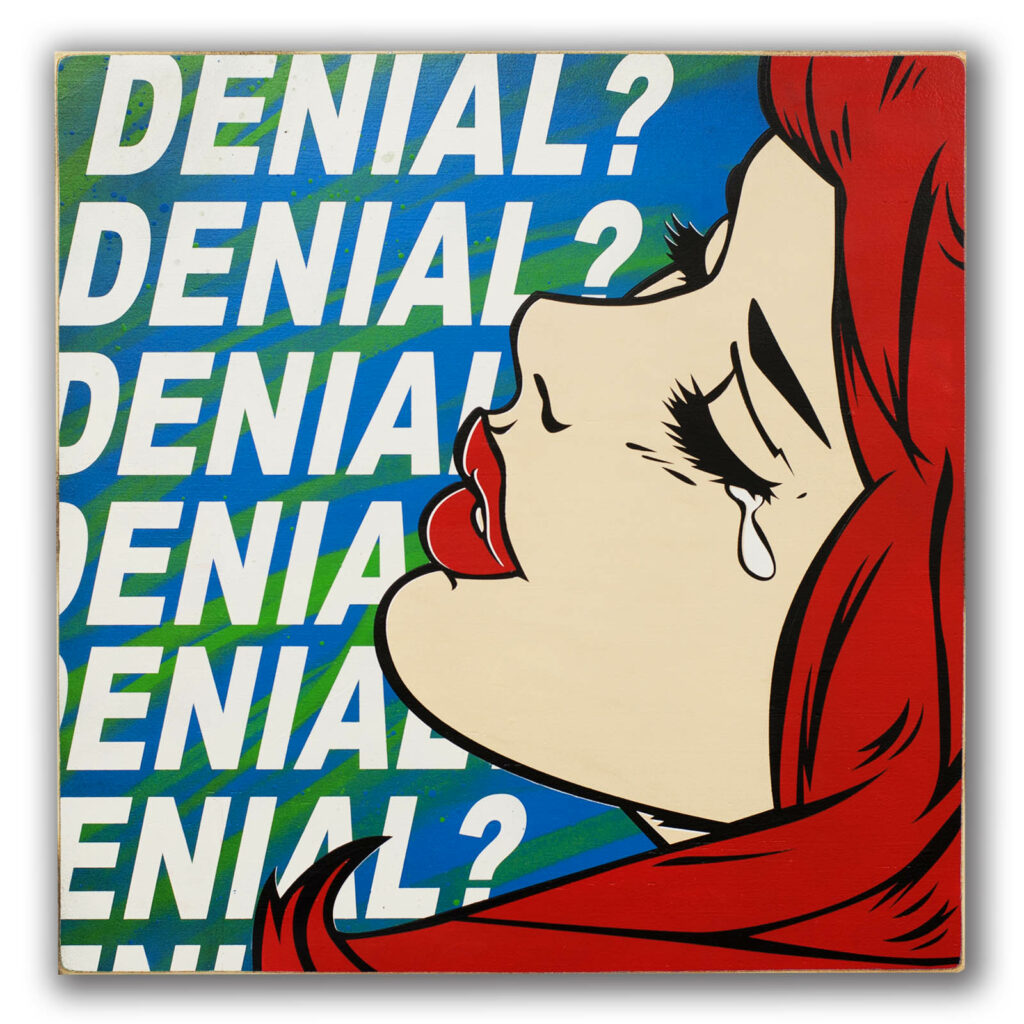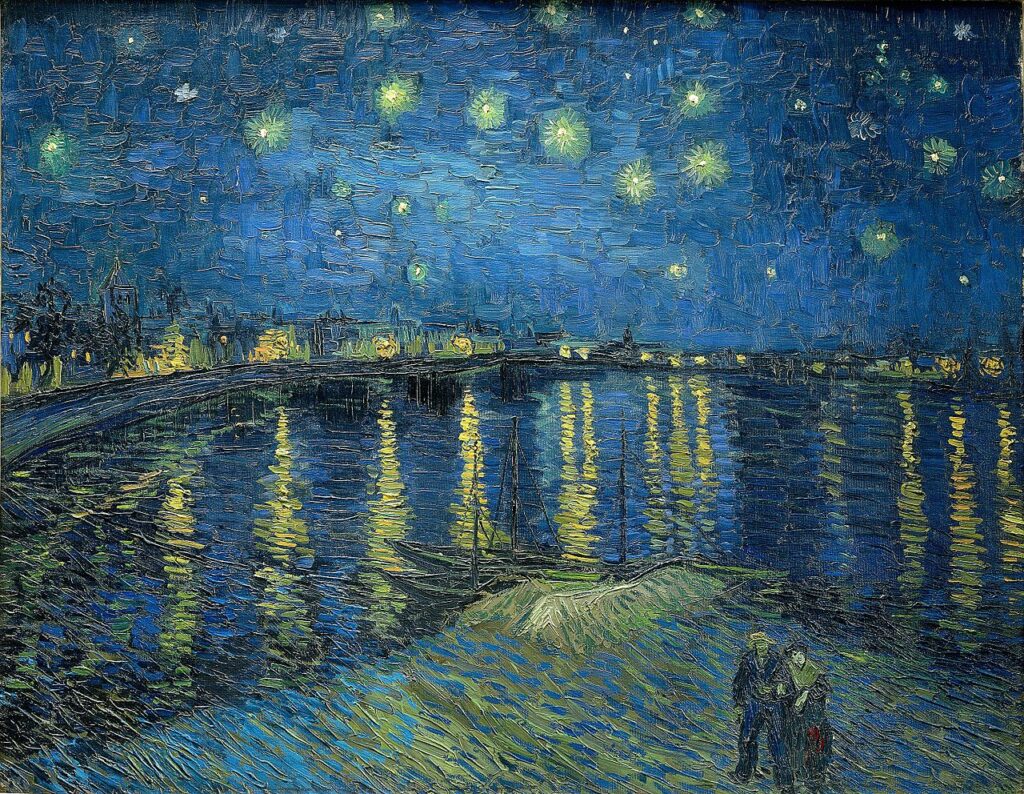
March is my mother’s birthday month. This year she would have turned a hundred and ten. She lived through two world wars and the Great Depression, which she spoke of with bitterness, sorrow, and resignation. The image that stays with me is her description of cutting up cardboard to cover the holes in the bottoms of her shoes.
Like so many, her family lost all their money when the economy collapsed. Soon after, whether from despair, alcohol, or a combination of both, her father died. My mother, then in her first year of college, had to forgo the education she so desperately wanted to help support her mother, an immigrant with few survival skills. A smart and intrepid woman, my mother eventually enrolled in secretarial school and became the private secretary to a bank president. Later, she got a job as a lab technician at a local hospital, where she met my father and became a housewife in the booming fifties.
 On my mother’s birthday this year, I thought about how much changed over her lifetime, how the world she was born into had been transformed into a very different society by the time she died in the late 1990s. I never asked her, but now I wonder what sustained her through all the upheavals. I wonder where she turned for support and comfort, and what notions she had to let go of and move beyond.
On my mother’s birthday this year, I thought about how much changed over her lifetime, how the world she was born into had been transformed into a very different society by the time she died in the late 1990s. I never asked her, but now I wonder what sustained her through all the upheavals. I wonder where she turned for support and comfort, and what notions she had to let go of and move beyond.
These questions poke at me as our own world is in the throes of changes so monumental we don’t have language for them. We say, “climate change,” but each of us has a different reference point for what that means. We say, “social justice” and “world hunger” and a variety of images and situations arise in our minds. Even “pandemic” means different things to different people, though the common threat of mortality and contagion abides with us all.
To name a problem is to make it objective, to make it into some “thing,” an entity we can walk around, examine and relate to. Naming a problem confers meaning on what might feel abstract and vague. Naming gives the feeling an existence, makes it real. Naming feelings that arise during meditation is one aspect of mindful awareness, a technique used to observe thoughts and feelings that capture our attention and derail our state of meditation. In mindfulness meditation, we are instructed to name thoughts and feeling for what they are—anger, restlessness, frustration, thinking, solving, etc.—then let them go and return to our breath.
 My mother did not have the benefit of modern psychology or meditation practices. If she was alive now, and I asked her what were her anchors when she felt awash in difficult emotions, I doubt she would have said, “I named what was bothering me and that helped.” More likely, she would have said, “I just got on with things,” or “I focused on my job.” Or she went to the movies. Or she learned how to knit. These would have been her anchors, and they are surely tried and true methods—denial, distraction, refocusing—many of us use to cope when we feel overwhelmed.
My mother did not have the benefit of modern psychology or meditation practices. If she was alive now, and I asked her what were her anchors when she felt awash in difficult emotions, I doubt she would have said, “I named what was bothering me and that helped.” More likely, she would have said, “I just got on with things,” or “I focused on my job.” Or she went to the movies. Or she learned how to knit. These would have been her anchors, and they are surely tried and true methods—denial, distraction, refocusing—many of us use to cope when we feel overwhelmed.
It strikes me that this may be a very good time to take a minute to sit down and take inventory. What are the anchors in your life?
You might start the list with the things in your life that bring you a sense of well-being. Pets, prayer, meditation, exercise, chocolate, a favorite playlist, a favorite tree. The list may take up pages or not. Sometimes, we don’t see the flow of the positive into our lives until we begin to acknowledge and name it. If your mind wanders, wander with it. As you scrutinize your daily world, you’ll discover abundance where you may have assumed lack.
To add to the list of anchors, you might start another list naming the qualities in yourself that have helped you navigate through difficult waters. What qualities are familiar and what qualities have surprised you? When you feel frightened, anxious, or depressed, what gives you courage? Write it down. What has the pandemic taught you about yourself? Let yourself be surprised.
 My mother survived many hardships, but I don’t believe she ever absorbed the lessons they might have taught her. Her experience of the Great Depression soured whatever native optimism she possessed. For the rest of her life, she guarded against hope, lest she be disappointed, a strategy that might work in the short run, but which dulls one’s capacity for pleasure and joy.
My mother survived many hardships, but I don’t believe she ever absorbed the lessons they might have taught her. Her experience of the Great Depression soured whatever native optimism she possessed. For the rest of her life, she guarded against hope, lest she be disappointed, a strategy that might work in the short run, but which dulls one’s capacity for pleasure and joy.
Her lessons are my lessons. As her offspring, she bequeathed me an emotional legacy that isn’t entirely mine. This returns me to a one-sentence summary of this blog, straight from the mouths of the ancient Greek sages: know thyself.
This post appeared in a slightly different form on Dale’s blog on Psychology Today. You can find all of Dale’s blog posts for Psychology Today at



